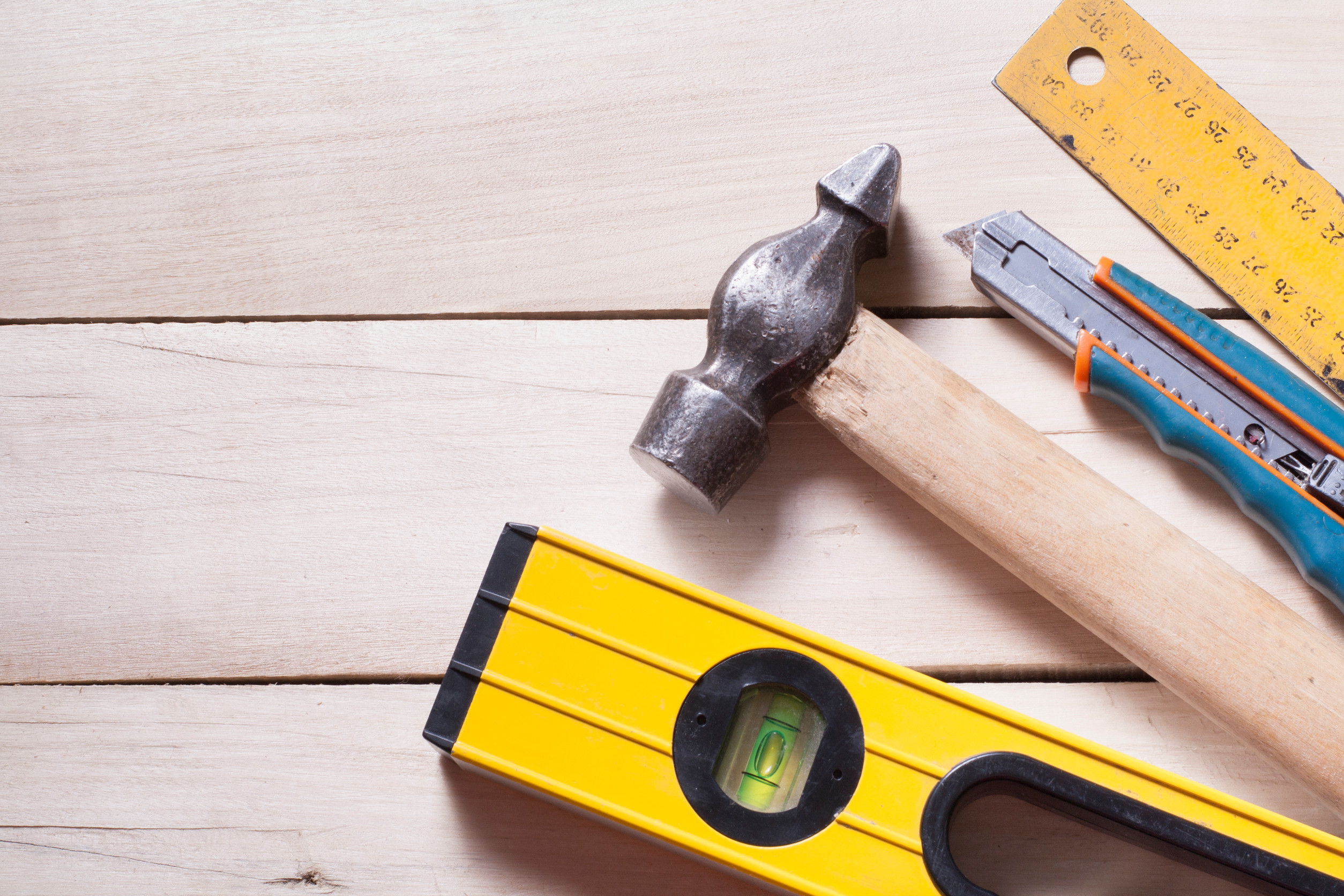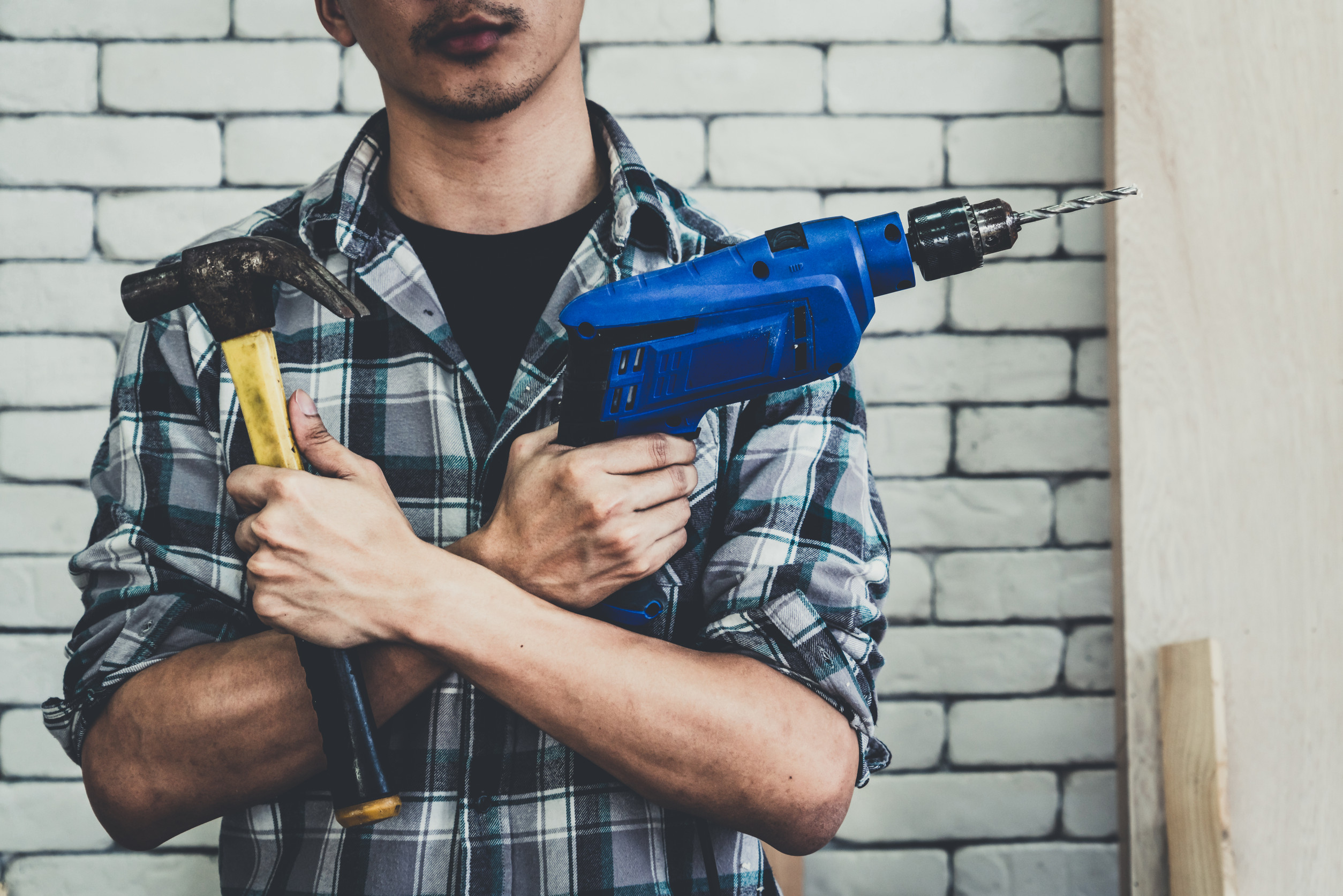
It’s a curious contradiction. For generations, men have been stereotypically labeled as the “fixers” of the household—the go-to person for leaky faucets, broken shelves, or anything remotely involving a screwdriver. The image of a man in a tool belt, confidently tightening bolts or rewiring a socket, has been etched into pop culture through commercials, sitcoms, and family lore.
But in many modern households, that image is becoming more of a myth than a reality. A growing number of men are stepping back from household repairs, and the reasons behind this shift are as complex as the problems they’re choosing not to fix.
The Evolving Role of Men in the Home
The traditional idea of masculinity has undergone a dramatic transformation in recent decades. With more equitable relationships forming in households, gender-based expectations are no longer as rigid as they once were. Men are now encouraged to express vulnerability, pursue emotional intelligence, and participate more actively in parenting and domestic chores beyond repairs.
Fixing things used to be one of the few expected domestic contributions for men, but now that contribution has broadened—and in some cases, shifted entirely. As roles diversify, the urgency or pressure to fix physical problems in the home has quietly faded for many.
The Convenience of Outsourcing
Technology and service platforms have made it easier than ever to hire someone else to do the job. With a few taps on a phone, anyone can schedule a handyman, plumber, or electrician to show up within hours. For many men, it’s no longer a question of capability but of convenience, especially when juggling work, family, and personal time.
Outsourcing offers the comfort of knowing the job will be done right without the trial and error of doing it themselves. This shift reflects a broader cultural move toward efficiency and time-saving over hands-on involvement.
Fear of Failing or Making It Worse
There’s a very real fear among many men of doing more harm than good when trying to fix something at home. Unlike in decades past, when trial and error was part of the process and mistakes were brushed off, today’s complex appliances and systems can come with steep consequences if handled improperly. Botched repairs can lead to higher repair costs, safety risks, or embarrassment in front of partners or family members.
Rather than risk failure or ridicule, some men prefer to leave it to the professionals. The anxiety around “getting it wrong” plays a larger psychological role than many might assume.
A Lack of Skills or Early Exposure
Many men growing up in recent generations weren’t taught how to fix things. As schools moved away from shop classes and parents became more reliant on professionals, those practical skills were never passed down. Without exposure to tools, hardware, or the basic mechanics of home maintenance, the idea of fixing things feels foreign and intimidating. The lack of confidence that results often translates into avoidance. Simply put, if a person has never been shown how to fix something, it’s unrealistic to expect them to jump in with confidence.
The Rise of Digital Competence Over Manual Ability
Modern masculinity is being increasingly defined by digital fluency rather than mechanical know-how. Men today are more likely to spend time coding a website, gaming, or editing videos than changing a faucet or hanging drywall. While these skills are valid and valuable in today’s economy, they don’t translate into physical household repairs.
This generational pivot in skill development means fewer men feel a natural inclination toward manual labor at home. What was once considered a rite of passage—learning how to fix a clogged sink—is now viewed as a niche interest or hobby.

Relationship Dynamics and Domestic Agreements
Household duties today are more negotiated than assigned by tradition. In many relationships, there’s a shared understanding or division of labor that doesn’t require both partners to be proficient at everything. If one partner is better at organizing schedules and managing bills, while the other handles cleaning or cooking, then fixing things may naturally fall by the wayside unless it’s a mutually agreed priority. For men who don’t feel pressure from their partners to repair things, the motivation to learn or attempt fixes can fade. Domestic harmony doesn’t always rely on a man’s ability to swing a hammer anymore.
Social Shifts and Perception of Masculinity
Fixing things has long been associated with masculinity, but that association is weakening as society embraces a broader definition of manhood. Emotional support, active fatherhood, and career ambition are just as central to modern masculinity as being handy. As a result, men are less likely to tie their self-worth or identity to their ability to repair something around the house. This detachment allows them to let go of responsibilities they don’t feel naturally drawn to or skilled at. What once was seen as a point of pride is now optional in how men express competence and value.
Time, Burnout, and Prioritization
Modern life leaves little room for extra effort on non-urgent tasks. With demanding jobs, emotional labor, and screen-based distractions, it’s easy for home repairs to slip down the list of priorities. Men, like anyone, face burnout and decision fatigue, which makes them less likely to pick up a wrench after a long workday. Even if the intention to fix something exists, the time and energy required often don’t align with the demands of modern living. In many cases, it’s not about unwillingness—it’s about capacity.
The Myth of the “Natural Fixer”
Not all men are born with an intuitive understanding of how to fix things, and pretending otherwise sets unrealistic expectations. The idea that men should just “know how” to use tools or troubleshoot problems feeds into an outdated stereotype. Skill acquisition requires time, patience, and often mentorship—things not always accessible to everyone.
When men don’t meet these expectations, they may internalize feelings of inadequacy or simply disengage from the task. This myth harms not only men’s self-esteem but also prevents open discussions about learning and growth.
Encouraging a New Kind of Capability
Rather than judging or shaming men for not fixing things, the focus should be on creating opportunities for learning and shared responsibility. Whether through online tutorials, community classes, or even casual experimentation, practical skills can be developed at any age. Encouraging curiosity without pressure allows men to engage with home maintenance in a way that feels empowering, not obligatory. The goal isn’t to return to outdated gender roles, but to redefine what it means to contribute meaningfully at home. When both partners value different forms of contribution, everyone benefits from a more balanced and respectful household dynamic.
Big Changes Of The Modern Home
The decline in home repair among men isn’t about laziness or a lack of care—it’s about evolving roles, shifting priorities, and societal changes that value different skill sets. What was once a central piece of male identity has become optional, and in many cases, outsourced for efficiency. But that doesn’t mean men have lost the ability to be helpful—it just means being helpful looks different now. The key lies in understanding this shift without judgment and fostering an environment where learning, support, and shared responsibility are the norms.
What are your thoughts on this shift in household roles? Drop a comment or share your experience—let’s keep the conversation going.
Read More
Why Are Car Payments Killing Young Marriages?
Should Couples Have Mandatory “Money Talks” Every Month?
The post Why Do So Many Men Avoid Fixing Things at Home appeared first on Everybody Loves Your Money.







